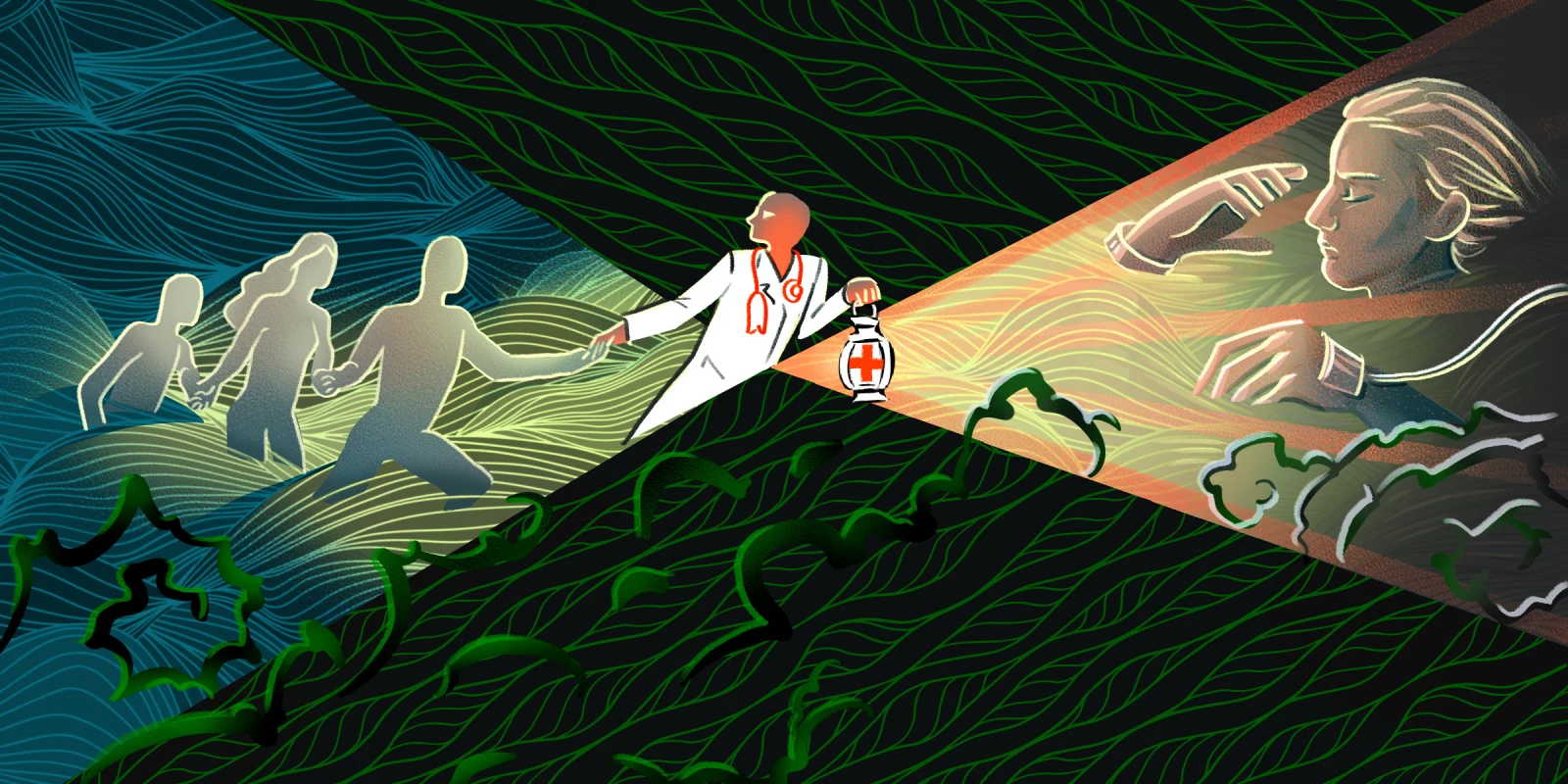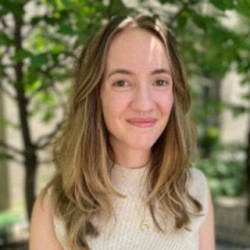6 a.m., 2 p.m., and 10 p.m.
These are the hours for the ED sign-outs, the times that have rigidly guided my life for the last four years. The cycle is unrelenting whether I am on shift or not, always in the back of my mind. Even death itself delays it only momentarily — an unresponsive patient being rolled into our resuscitation room on a stretcher, our team rushing to assume our roles – before the pattern soon rights itself and continues on.
Emergency medicine enticed me as a medical student due to its wide breadth of medical cases and its intensity. ER doctors see all the extremes in medicine – from the sickest of the sick to the worried well, to patients with all the benefits of our society to those with none.
As a medical student, I used to feel my stomach drop when I imagined myself as a resident in those same scenarios. How would I ever know what to do? How could I ever lead the team in a resuscitation, ever intubate someone, ever guide a needle inside someone’s neck? I coveted the ability to manage the unknown, wishing to see myself so self-assured and confident one day.
As an intern, I slid that same intensity over myself as a protective shield. I focused on dragging myself up the mountain of intern year and looking for chances to prove myself. We’d brag about which procedures we “got,” forgetting the people attached to the tubes and wires, and I identified people by room numbers – never their names. I didn’t have to think about the emotional weight of the daily tragedy we witnessed if I just squashed those feelings down. Compartmentalization became my protection.
Over time I learned that the unpredictability of the ED is actually quite predictable. After repeatedly being thrown into the deep end, I eventually grew comfortable treading water. I grew confident in my procedural skills, and the knot of fear in my stomach began to unwind.
But a different kind of uncertainty began to claw its way up to the surface, resistant to my efforts to ignore it. Procedures and medical cases lost their thrill. The swirling energy of the ED stopped feeling electric and invigorating and instead felt overstimulating and overwhelming. Noise was constant. People screaming, phones ringing, pages going off overhead, every room and hallway bed occupied, a perpetually full waiting room. Angry patients, threats of violence.
And us, in the middle of it all. ER physicians as the constant witness to the vast inequities in our society while our white coats and the symbolic weight behind them hung useless. The uncertainty about which new emotional trauma might be carried through our ambulance bay doors at any moment began to eat away at me. As a senior resident I had proved to myself that I could do these procedures, I could do this job. But did I want to? Was it worth who I was becoming?
As the emotional impact of this role weighed heavier on me, the unhealthy coping strategies I’d adopted turned me into someone I didn’t want to be. What was the point of finally feeling confident in my role if I wasn’t confident in who I really was underneath the facade? If I didn’t feel like I was really making a difference for my patients in the long run?
I started seeking moments where humanity felt clearer. Taking precious extra time to ask patients about their loved ones, where they grew up, what their jobs were. These forbidden snippets – asked in between the details surrounding their chest pain or their cough or fever – felt like they were slowing down the team. But I wanted more than what our limited time permitted us. I wanted more time, and more moments of human connection. I wanted to be more of myself again.
I’m different now after residency. There are patients I met that will stay with me forever, their room numbers intertwined with unforgettable memories. I’ve seen children die, and heard their mothers’ cries. I’ve intubated patients near the end of grueling 26-hour trauma shifts, my adrenaline the only thing keeping me upright as my dry eyes burned.
Residency changed me forever and uncovered what really mattered to me – the humanity in medicine. The jealousy I felt as a junior resident when my colleagues performed certain procedures or cared for a patient with a rare diagnosis had long since evaporated. What was I trying to prove?
Switching fields within medicine is quite difficult for physicians. Our profession does not make it easy – requiring another residency or possibly a fellowship depending on the field. I feel so lucky that palliative medicine called to me, yet still feared I’d let my mentors down by choosing a less common path after EM residency. Now, it’s been months since I’ve said goodbye to the place where I learned how to be a doctor and I walked past those red emergency signs for the last time. But I’m still not shutting the door on this part of my identity. Those walls shaped and molded me into the doctor I am today.
As a palliative care doctor, I am grateful to be able to spend more time with patients. I’ve exchanged laryngoscopes and chest tubes for family meetings – supporting and guiding patients and their families through complex end-of-life decisions. The difference we make is impactful, especially during such a vulnerable and emotional time in someone’s life.
Nowadays, when I catch a glimpse at the clock between patients I don’t feel the same cycle, the same rigidity as I once did. Once again, 6 a.m., 2 p.m., and 10 p.m. are just moments in time and nothing more.
How has your view of your specialty changed as you've gained more experience? Share in the comments.
Diana Halloran is an emergency medicine physician currently in fellowship for hospice and palliative care. She completed her residency in Chicago and will be moving to the Bay Area this summer after finishing her fellowship in Indianapolis. She was a prior Op-Med fellow (2022-2023) and has had pieces published with Doximity, Slate, and JAMA.
Illustration by April Brust







